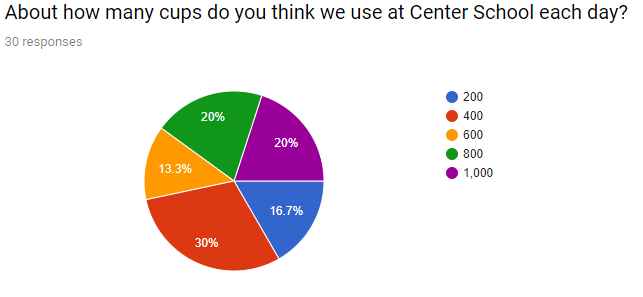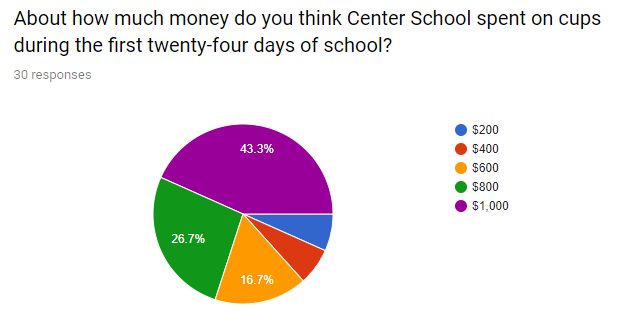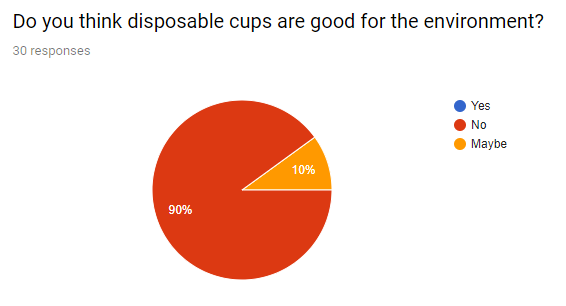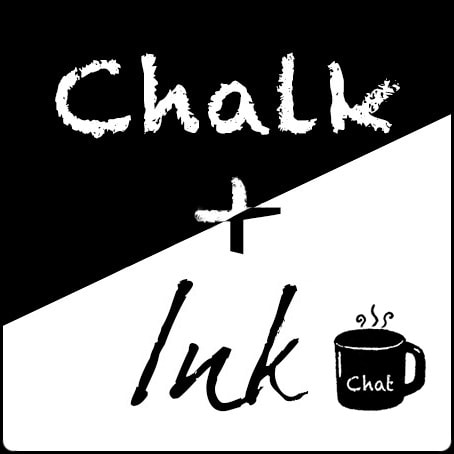|
On his 247th podcast episode, “The Top 6 Most Important Things My Creative Heroes Taught Me,” the first tip Andy J. Pizza, a.k.a. Andy J. Miller, tells his listeners is to get angry. At first, I thought to myself that tip doesn’t work for me. I’m a positive person that’s why I listen to this podcast. Then, Miller goes on to list several different creative people who find an emotional truth behind their anger and create from that space. I started to chuckle. Why? Well, it’s simple. I realized that I birthed my current writing project from a place of anger. My school’s drinking water isn’t safe. So, the administration turned off all of the water fountains and brought in water coolers. Guess what? Kids like to waste time at water coolers just as much as adults do, but children are much more creative than adults. Why stand around and chat at the cooler when you can amuse yourself in one of the following ways:
There’s a reason I mentioned the tower building twice. The fourth and fifth graders preferred this challenge. Since the water cooler is right outside our classroom, every time the cups tumbled down it interrupted our learning. As a teacher you know the situation is bad when the nine-year-old students are getting exasperated. “There they go again,” and head shaking became a common occurrence. When it came time to write our boot camp persuasive essay, I didn’t have to think twice about our topic. We came up with a thesis quickly: The disposable cups at Center School are bad for the environment, distract from learning, and are a waste of money. But I did have to find out how many cups we’d used and what we’d spent on the cups. In addition, I’d also have to get some facts about plastic in the environment so that we presented accurate information. I was horrified to find out that in the first twenty-four days of school, we’d ordered 24,400 cups. We have over six hundred students in my school. On average, each person in the building was using more than one cup a day. The cost of the cups, $940. We could have bought a brand new book for all eighty of our fourth graders with that money. My anger increased as I did the research and found out some startling facts about plastic in our environment. 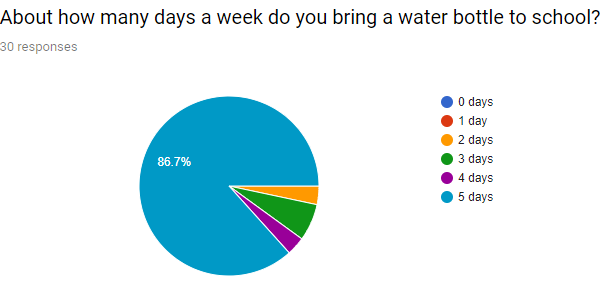 When we asked this question live at our assembly, everyone raised their hand. We agreed 100% wasn't an accurate representation. This is a more honest representation, but I think it's still inflated. People want others to think they're making ethical choices, even if they're not actually making that choice. As I was doing the research for our class essay, the biblical verse, “All creatures great and small,” popped into my head. I knew it to be true. Plastic hurts sea creatures big and small is the repetitive phrase I’m using in my current manuscript. Another point Andy J. Pizza mentions in his podcast is that some people argue that anger is a secondary emotion, that it masks an underlying hurt, disappointment or sadness. Doing the research for this book is excruciating. Then, of course there is the underlying doubt that I face anytime I embark on a manuscript that requires a lot of research. The worry of whether or not all this time will ever amount in a physical book people can hold in their hands. I don’t have the answer to that question. What I do know is that doing this research has already changed my actions. It’s hard to find a plastic bag in my house now. My youngest son broke down and ordered a reusable lunch bag that looks like an old brown bag because a bag that looked like it was reusable would somehow ruin his nonchalant image. I’ve stopped using straws. How could I not after this video? Finally, I’ve stopped buying coffee unless I have a travel mug or water bottle with me.
The administration at my school is phenomenal. My assistant principal found out what we were writing about and asked our class to present at our October All School Meeting so that the kids could have a real audience for their work. Since I was working the slideshow, I couldn’t see the audience. But supposedly I wasn’t the only one surprised and horrified by these grim statistics. My principal was so impressed he’s printing out our slideshow, pasting it onto poster board, laminating it and wrapping the information around the water coolers. He mentioned including a picture of me scowling and pointing my finger as well but decided against it. I have a feeling many kids would have been sneaking Sharpies to the water cooler if he would have followed through with this idea. We called the school to action. Cups are no longer available at the water cooler outside my classroom. Students have to ask their teachers if they want a cup. Each classroom received a sign that says, “Save the Earth,” in bubble letters. For each day that ¾ of the students in each classroom bring a water bottle, the class gets to color in one letter. For fourth and fifth grade classes, they can also color in a letter each day that the teacher gives out five or fewer cups. When all classrooms have colored in their signs, we’re going to have a school wide ocean day. Students can come dressed as their favorite sea creature, wear ocean-themed pajamas, and teachers can choose to do ocean-themed activities for the day. What are you angry about? What can you create from that space? What can you do differently to make the world a better place?
0 Comments
Leave a Reply. |
Chalk + Ink ChatsWant to hang out with teachers who write and writers who teach? Fill this form to join our Archives
October 2023
Categories |
